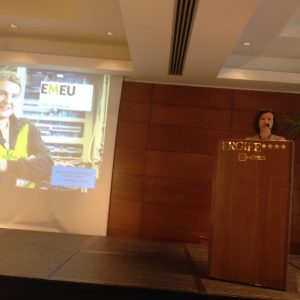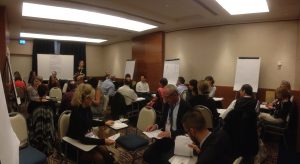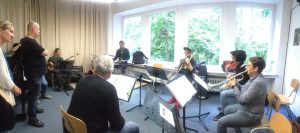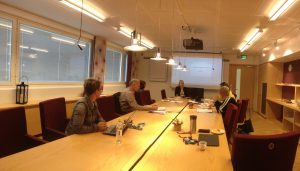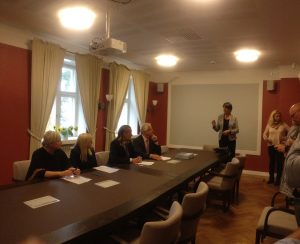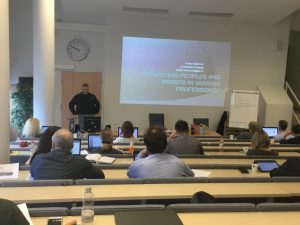FLEXIBLE PATHWAYS TO VOCATIONAL SKILLS
Annual ECVET Forum, 11 October 2016, Rome
The Annual ECVET Forum is the place to gather information and exchange views and experiences on how ECVET principles can help to provide people with opportunities for open, flexible and individualised pathways to develop vocational skills and to get recognition for them. The Dutch led EMEU project (Erasmus+ KA2) was selected as one of the six (6) best practices projects to be presented at the 2016 Forum in Rome. The project and EMEU network were represented at the event by Rea Tuominen, International Coordinator from Jyväskylä College.
Access for young VET students to teaching and training methods and work experiences in other countries improves their employability in a global economy. Member states have increased their efforts to create opportunities for 16-29 year-olds to gain accredited skills in cross-border mobility projects, helping them become competitive in an increasingly international job market. The European Commission and the Council have defined ambitious aims for learner mobility: by 2020, an EU average of at least 6% of 18-34 year olds with an initial vocational education and training qualification should have had an initial VET-related study or training period abroad (including work placements) lasting a minimum of two weeks. The actual numbers of students taking part in mobility projects are much lower in most countries. For instance, in the EMEU partner countries, the number of secondary VET students involved in mobility programmes at the beginning of the project was between just 1-2 %.
The Annual ECVET Forum discussed the issues, solutions and future challenges for the ECVET priorities and the discussion continues e.g. in the ECVET Maganize:
www.ecvet-secretariat.eu/en/magazine

